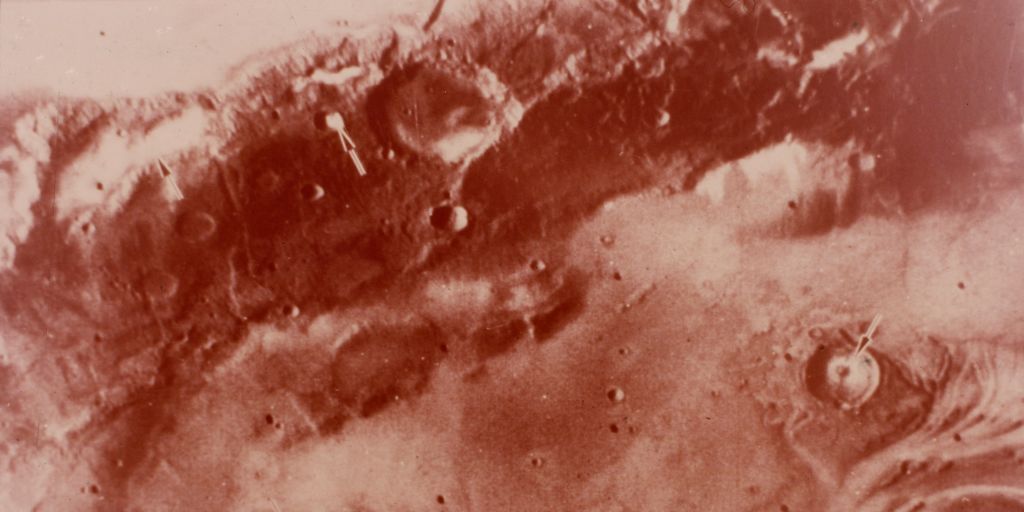China’s Tianwen-1 mission, which sent the Zhurong rover to explore the deserts of Mars, recently raised a startling hypothesis about the planet’s history, and possibly about the life it might once have supported. Researchers are studying the possibility that water existed even a few hundred thousand years ago.
What does this discovery mean?
The rover observed rich salt dunes in Utopia Planitia that showed cracks and crusts that would spark this idea for the researchers. As the article explains, the team was able to rule out the possibility that frozen carbon dioxide (“dry ice”) and winds were responsible:
“Instead, the most likely cause is the involvement of salt water from melting ice/frost. This finding sheds light on the wetter conditions of the recent Martian climate and provides important clues for future exploration missions looking for signs of lower latitudes with warmer, amenable surface temperatures. to be affected.”
This finding could also indicate that there are small patches of fertile soil where microbial life can still exist today. Of course, more studies are needed before this can be said for sure. These studies may have to wait for future missions.






